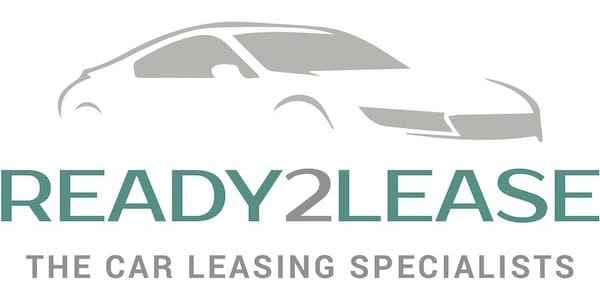For everyone, time seems to have slowed down somewhat in the last 18 months. It seems far more recent, but it’s actually been more than four years since the announcement came that new cars using diesel, petrol or even hybrid engines would be banned from 2035.
As of late 2021, many major manufacturers have far exceeded that requirement, planning to stop production entirely from as early as 2025.
Even since that announcement, the goal posts have been moved in favour of the UK’s target to be carbon neutral by 2050, with the ban now coming into play from 2030.
It won’t surprise you to read that the date was initially 2040, with subsequent changes made to bring the date forward on the basis of the standard of electric cars increasing tenfold, with prices dropping and ranges increasing. In some electric cars, you can now get from Leicester to London and back again, still with 100 miles to spare.
The effect this is likely to have on ownership is also changing. If you speak to car enthusiasts, you are likely to find a large proportion actually enjoy everything going on under the bonnet.
Many of us will have grown up with cars far less glamourous than we see today. Armed with a Haynes manual and some determination, most mild errors could be fixed if you had the right tools. But that simply isn’t the case with electric cars. Not only do they have far fewer consumable parts, the parts themselves are put under less stress and strain, with heat, pressure, air and emissions less relevant or not relevant at all.
This means a different breed for the next generation of car owners. As combustion engines gradually disappear, you’ll no longer find a group of people looking under the bonnet, trying to fix a problem. It will either be far too complex, too risky or just not possible without very specialised tools and computers. So where does that leave people with regard to ownership?
It seems more and more likely that with less necessity or possibility of owner repairs, and very few modifications, that drivers will move to subscription-based funding methods. Volvo already offers such a service, as do some other mid-range manufacturers and some high-end supercar brokers.
If there is any doubt that this is what the consumer wants, just take a look at all the products on offer via subscription already. Mobile phones were the first, with two-year contracts sold on an upgrade platform, razors now come in monthly packs to your door, as do flowers, groceries, medicines, pet foods and the list goes on.
For cars, the solution isn’t quite as straightforward. First of all, cars are vastly expensive in comparison to other subscription products. They are rarely bought outright, there are many levels of cost available, they have considerable resale values and they can’t just be sold to anyone. So, what is the solution?
Contract hire, also known as leasing, is on the up. In 2018, there were around 300,000 lease cars in the UK. In 2021, there are 1.6 million lease cars. Leasing gives drivers the opportunity to take that same subscription-based models that made expensive mobile phones so attractive 20 years ago. You find the model you like; the manufacturer agrees to lend it to you for a fixed monthly fee and then when you’re finished, you upgrade to a new one. With that removal of vehicle modification and repair, the life span of vehicles changes.
There is no longer a need for cars to last 20 years. They can just be recycled into a new model, with a new battery. This is exactly what we expect to see with vehicle ownership.
Of course, there will be some element of ownership still, there still has to be a second-hand car market, combustion vehicles will continue to run for decades, but gone will be the days of pumping 60 litres of premium at a frosty forecourt before heading on the M1 down to London. Its more likely you’ll grab your smartphone five minutes before you leave the house, tell the car to warm itself up and then once you’ve unplugged it, you’re on your way.
Ready2Lease can help you find a new electric car to suit your every need. Contact the team at ready2lease.co.uk for more information.
This article was originally published on the MSDUK website


